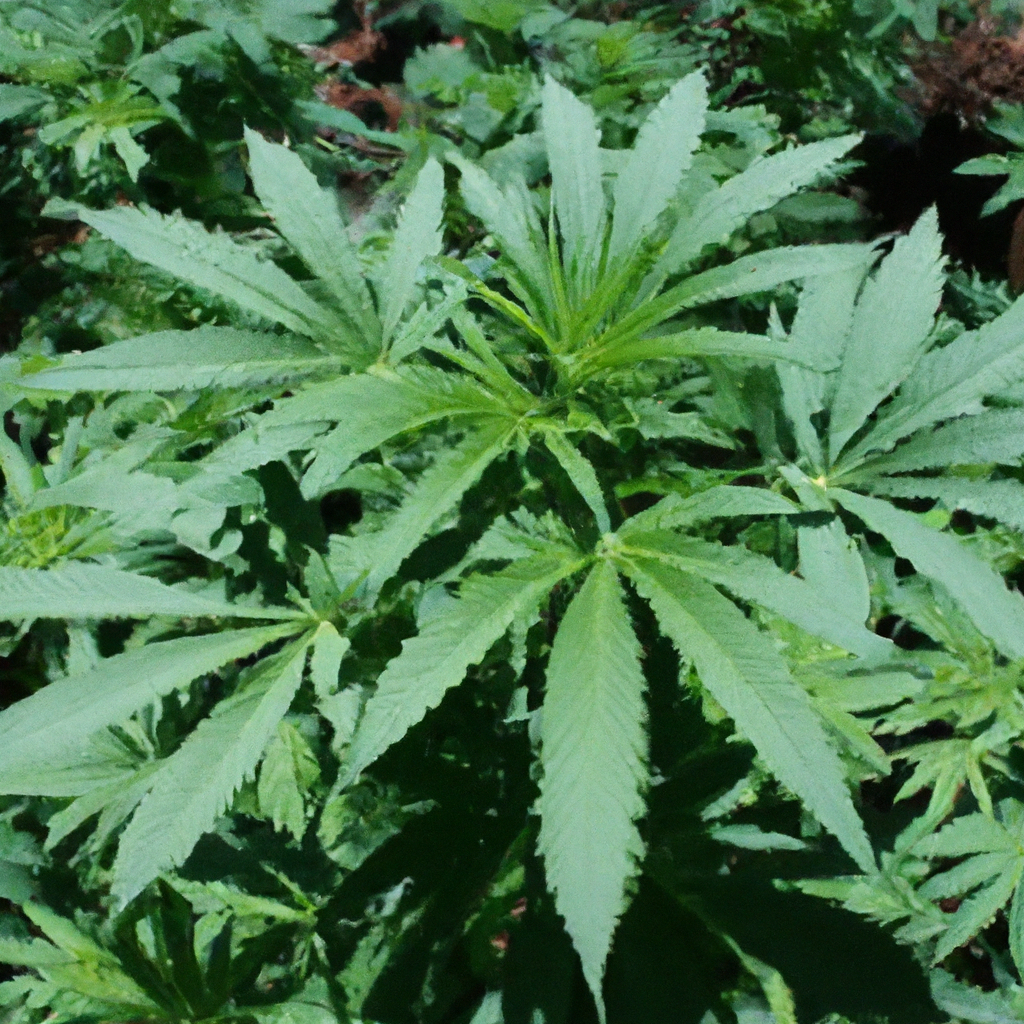Your cart is currently empty!
Introduction to Organic Cannabis Cultivation
With an increasing focus on sustainable practices, organic cannabis cultivation has become a popular choice for environmentally-conscious growers. By avoiding synthetic chemicals and enhancing soil health, organic methods offer numerous benefits for both the environment and the consumer. In this article, we explore best practices for growing organic cannabis, utilizing natural fertilizers, compost, and pest control to foster a healthy ecosystem.
Building a Healthy Soil Ecosystem
Central to organic cannabis cultivation is the creation of a rich, healthy soil ecosystem. A robust soil environment supports nutrient uptake and plant health, reducing the need for chemical interventions.
- Compost: Use high-quality compost to enrich soil with organic matter, improving its structure and fertility.
- Natural Fertilizers: Incorporate organic fertilizers like bone meal, worm castings, and fish emulsion to boost nutrient levels naturally.
- Companion Planting: Integrate beneficial plants like marigolds and clover to enhance soil nutrients and attract helpful insects.
- Crop Rotation: Rotate cannabis with other crops to prevent soil depletion and disrupt pest cycles.
Natural Pest Control Methods
Avoid the use of harsh chemicals by employing sustainable pest control techniques, which promote ecosystem health and biodiversity.
- Beneficial Insects: Introduce predatory insects such as ladybugs and lacewings to naturally control pest populations.
- Neem Oil Spray: Use neem oil as an organic pesticide to deter pests without harming beneficial insects.
- Trap Crops: Plant sacrificial crops to draw pests away from cannabis plants.
Benefits of Organic Cannabis
Organic cannabis cultivation offers several advantages over conventional growing methods. Here are a few key benefits:
- Environmental Sustainability: Minimizes the environmental impact by reducing chemical runoff and promoting biodiversity.
- Improved Product Quality: Results in cleaner, purer cannabis that is free from synthetic additives.
- Health Benefits: Consumers avoid ingesting harmful pesticides and can enjoy the full spectrum of natural cannabinoids and terpenes.
Conclusion
Embracing organic cannabis cultivation not only supports environmental sustainability but also enhances the quality and health benefits of the final product. By using natural methods for fertilization and pest control, growers can cultivate cannabis that is both eco-friendly and superior in quality. Consider implementing these organic practices for a bountiful and responsible harvest.


Leave a Reply